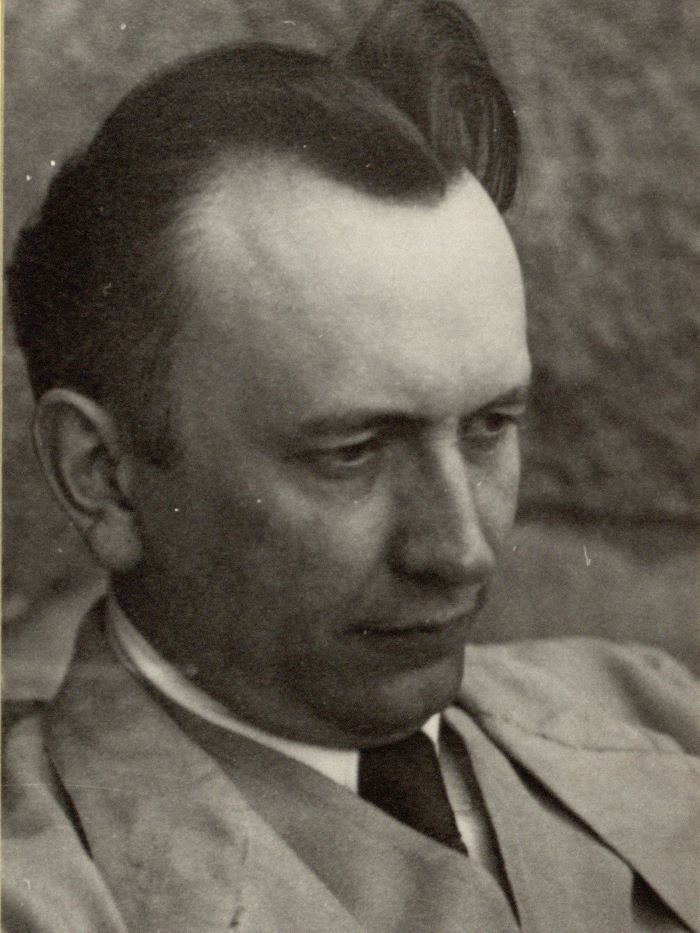Karl Jaspers
(born 1883 in Oldenburg – died 1969 in Basel)
"Tolerance must not exist towards intolerance if such cannot be treated with indifference as harmless, private eccentricity. Freedom to destroy freedom must not be permitted."*
Unlike his friend and philosopher colleague Martin Heidegger, Karl Jaspers did not allow himself to be corrupted by National Socialism and remained a resistant and self-critical thinker to the end. Karl Jaspers was a German philosopher and psychologist, and a leading exponent of existential philosophy. From an early age, he was plagued by a chronic heart and lung disease as well as the fear of failure. Nevertheless, he remained positive in the face of adversity—and further, as a schoolboy, resisted the authoritarian-militarist ideology of his time. He and his Jewish wife Gertrud Mayer enjoyed a deep love for each other. Following the National Socialists’ ascension to power, the philosopher was forced into retirement from his teaching position at the University of Heidelberg. Health concerns kept him from fleeing abroad. Despite the emotionally oppressive and lifethreatening situation, Jaspers refused to part from his Jewish wife. He explained: “Powers that force her to die also kill me. This solidarity is absolute.” Both survived the Nazi era. Subsequently, Jaspers denounced the German population for aiding and abetting the Shoah, and further turned an accusing eye at himself. At a time when the overwhelming majority of Germans were suppressing any blame for the murder of millions of Jewish people, Karl Jaspers publicly stated: “We did not take to the streets when our Jewish friends were taken away (…); we preferred to stay alive, with the weak, albeit correct, reasoning that our death could not have been of any help.”
*Jaspers, K., Complete Edition, Vol. 1: Vom Ursprung und Ziel der Geschichte (The
Origin and Goal of History), Basel 2017.






